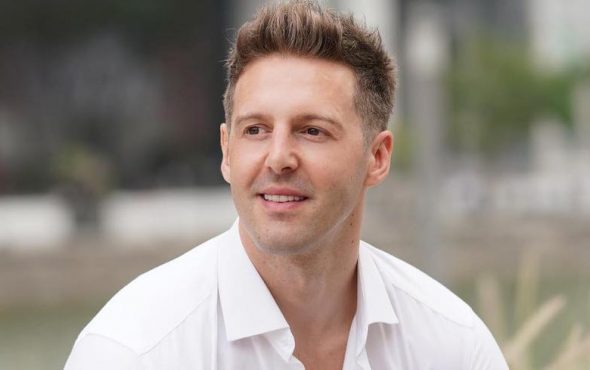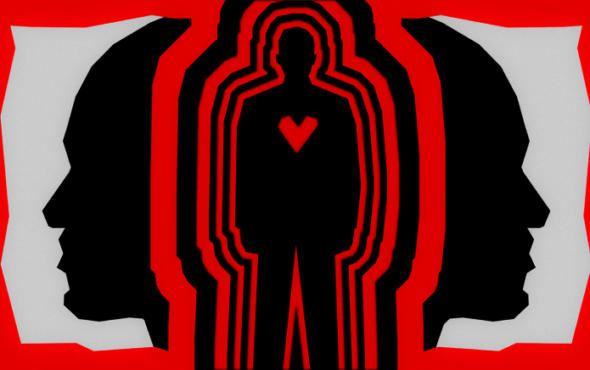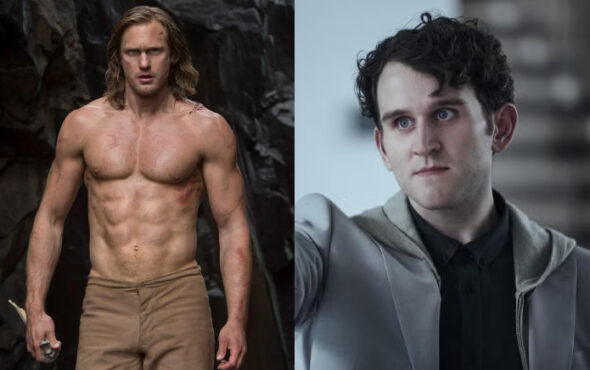
The former footballer said a young closeted athlete turning away from sport could rob us of “the next Cristiano Ronaldo.”
Thomas Beattie, the former footballer who came out as gay earlier this year, has told The Advocate that a queer athlete turning away from sport could mean that we miss out “on the next Cristiano Ronaldo.”
Beattie came out as gay in June, writing a powerful essay for ESPN, in which he detailed the difficulties in being openly gay in a sport that is notorious for their lack of LGBTQ+ inclusivity.
Beattie said he never felt like being gay and having a career in football was an “option” because society has continuously told him that “my masculinity was linked to my sexuality – something we of course know is a false assumption.”
And now, in an interview for Inside with The Advocate, he has urged young queer athletes to find one person they can speak to, in order to feel that they can come out. “To be in silence and alone is a difficult path,” he said. “Having the ability to speak to one person is going to be a huge benefit.
“It’s a shame if you never fulfill a potential of a dream. You never know what you might be missing out on if you decide to go the opposite way and decide not to pursue sport as a career [because you’re queer].
“That’d be a real shame to look back and say ‘What if?’ You never know. We could be missing out on the next Cristiano Ronaldo.”
He added: “I would definitely persuade anyone in that position to continue playing and learn about themselves through sport. Learn about their character: their morals, their values, their beliefs.”
Continuing, he explained: “I think within sport, people are largely quite accepting on the professional level. You’re dealing with people with different ethnicities, different religions, different cultures…
“So ‘different’ in professional sport is something that’s normal. The younger level, there’s probably not as much emphasis on that. I don’t think you really comprehend the ‘different’ when you’re young, and kids can be quite cruel.
“Be passionate about whatever it is that sets your soul on fire. If that’s sport, then go for it.”

Beattie also spoke about how sport could be used to foster discussions about LGBTQ+ acceptance. “Sport brings people together, so there is that sense of community within sport,” he explained. “It will definitely be a good place to start.
“We already have large groups of people congregating for something they already have in common so you already have an audience. I think it takes awareness and exposure as the first step.
“There are things on a systemic level which need to be improved and changed, but the first step within sport is to normalize it outside of sport. People to bring more awareness to it; families, teachers, to start having these conversations with younger people so they will hopefully grow up in an environment where we’re moving toward that.”
The athlete revealed that accepting his identity had been an issue for him, especially since he only began to understand that he could be gay when he was 22 years old. “Some people know [they’re LGBTQ+] at an early age, while others know but they don’t let themselves believe it. I was one of them,” he said.
“I was like, ‘There’s no way that’s me’. But obviously deep down, I knew that’s what I was… Once I became content with who I was, I felt a sense of obligation to [come out] in one swoop and try to make a little bit of change in perception.”
Related: LGBTQ+ athletes discuss ways for sport to become more inclusive


